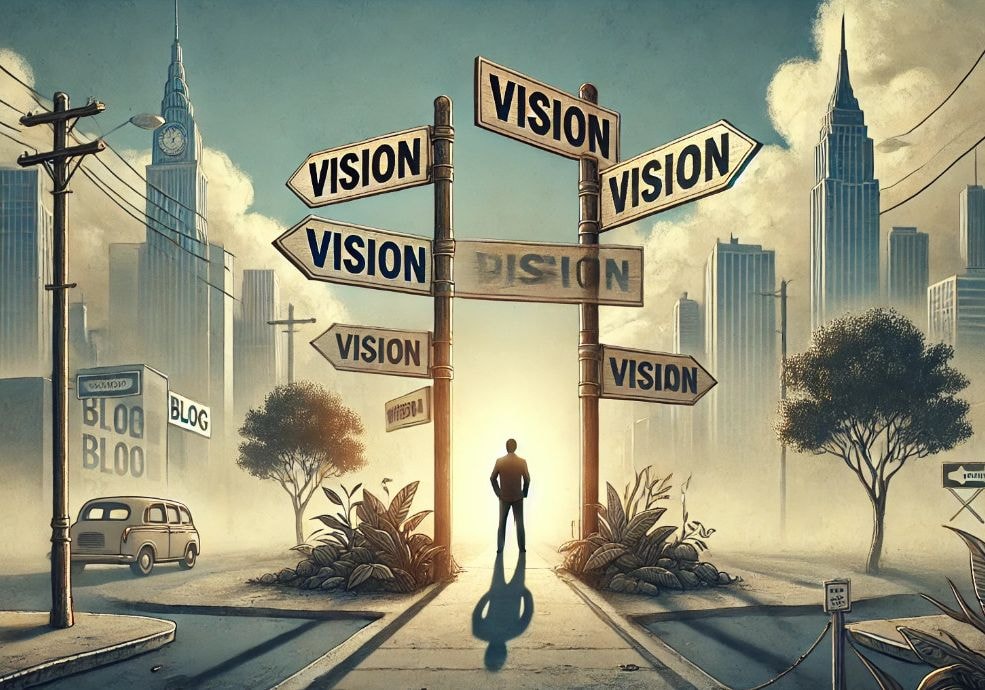About Me (Unfiltered version)
Hello and welcome here! I thought of writing two (2) About Me pages. One for a more “professional” tone and the other, for this one, which is “unfiltered”. Truth be told, I prefer the unfiltered. However, there are those who prefer the surface level of accomplishments and badges alone and prefer to stay on that level, hence, two pages with one goal. My name is Stela Benitez. Sometimes I’m called “Attorney Stela,” “Attorney S,” or simply Stela (with a single “L”). I have a number of things on my mind—planning on how to introduce myself here in a succinct, not-so-boring manner and even asked ChatGPT for help but I’d like this to be 100% written by me and reflect 100% of me. Please feel free to reach out and let me know of your feedback later. Here goes: Hello! Welcome to AttyStela.com. I’m Stela—a lawyer by profession and a technology enthusiast by passion. My career has spanned an array of fascinating domains, reflecting a journey that is anything but ordinary. I earned my Bachelor of Arts in Political Science in 2011 and soon after, I embarked on a rigorous path, balancing a full-time job, a part-time gig, and full-time law studies, culminating in my graduation with a Juris Doctor degree. Currently, I am pursuing my LLM in Innovation, Technology, and the Law at the University of Edinburgh Law School. Professional Life My career kicked off in the HR world, where I thrived in the dynamics of hiring, training, and, yes, sometimes the tough decisions of firing. Labor relations. I reveled in the complexities of people—shaping a workplace that fosters growth and understanding. This curiosity and drive to advocate for people’s rights and protect them led me into the realm of Data Privacy, navigating the intricate landscapes of the Data Privacy Act and GDPR. Today, as an attorney, I delve into criminal, commercial, and tech law, constantly exploring new fields and challenges. Where I Stand Now Currently, I’m wearing three hats: HR professional, Data Privacy Professional, and Legal Counsel for a private company. I am also doing consulting work. Together with some brilliant human beings, we’re on a mission to propel technology forward in the Philippines, particularly in enhancing public service and helping others. It’s a thrilling ride, blending law, technology, and human resource management to pave the way for innovation. What I Believe In At the core of my professional and personal life are two pillars—utmost confidentiality and unwavering integrity. These values guide every decision I make and every action I take. Beyond Work When I’m not immersed in research or keeping myself occupied with things to learn (AI, data privacy, tech, and legal developments), you will find me capturing the world through my lens or dabbling in digital design. Yes, I’m a bit of a nerd. Not a 100% certified nerd yet, I guess. We will get there. Anyone who is close to me knows that I tend to “rabbit hole” in things that catch my attention. I would like to think that I am an information sponge but that is a self-serving statement, of course. Recently, I’ve taken a plunge into the world of diving, exploring the depths of the sea and the depths of my own resilience. On Why This Website Came To Be The need to share: I grew up with my grandmother, who practically raised me and sent me to school. We didn’t come from money. However, one of the things my grandmother inculcated in my mind is that education is of paramount importance and that it is one of the things, apart from dignity and integrity, that will never be taken away from you.When I was in high school, we had to pay 600 PHP or around 12 USD school fees every end of the school year to take the finals. I remember there were several times I cried because it was a struggle to even afford it. It was for education. And I knew and still know (because it is still a fact today) that there are a lot of Filipinos who struggle to make ends meet. What more for their legal woes? I managed to make something beautiful out of my life. Hence, number #2— The need to pay it forward: I created this website in the hope of helping you and other people find the answers you are looking for. I pray that in one way or another, I can shed some light on your cause/causes without you having to pay a hefty sum. That being said, I accept questions or inquiries here and try to answer them as much as I can out of public service. I read your questions or inquiries and analyze them based on the given facts. Emphasis on given facts. I go the extra mile of researching them when need be. This is one of the ways I am paying it forward. In Summary Whether it’s navigating the complexities of law, advocating for technological advancements, or capturing life’s moments through photography, my journey is about continual growth and exploration. I live by a simple ethos: be passionate, be curious, be genuine, and always act with integrity. What’s Cooking In December 2024, I am inspired to initiate a heartfelt journey—a campaign of compassion aimed at supporting the elderly, the orphaned, and the abandoned within our community. Too often, these vulnerable groups are overlooked and left to face hardships alone. It is our collective responsibility to extend a hand of support and remind them that they are valued and cherished. To make this vision a reality, I am currently setting up convenient donation options via (PayPal, Cashapp, and GCash). This will enable us all to contribute easily and make a tangible difference in the lives of those who need it most. Your generosity can light up the lives of countless individuals, offering them hope and assistance in their times of need. To join as a donor/benefactor, please visit this link. I invite you to join me in this noble cause. Together, let’s bring





